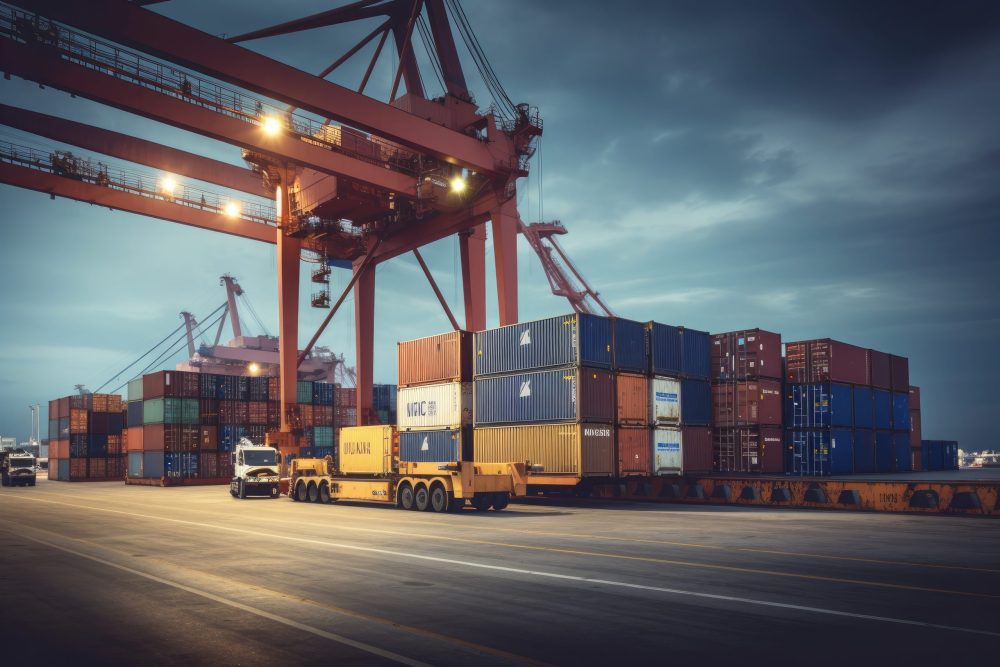Starting an import business in the UAE can be a lucrative venture due to its strategic location, which serves as a key trade hub connecting Europe, Asia, Africa, and the MENA region. Dubai, in particular, offers a thriving business environment that fosters international trade and makes it an ideal location for an import startup. However, to ensure your business is legally compliant and set up for success, it’s important to understand the requirements for importing goods into the UAE.
Why Dubai is Ideal for Import Business
Dubai’s rapid economic growth and its status as a global business and tourism center make it an attractive destination for entrepreneurs looking to start an import business. The UAE’s geographic location offers unparalleled access to key markets across the world, with efficient sea, air, and land transport networks. This connectivity allows businesses to import goods from various countries and distribute them throughout the region with ease.
With the UAE government’s focus on boosting trade and tourism, starting an import business in Dubai is an opportunity to tap into a dynamic market eager for international goods. Whether it’s consumer products, electronics, fashion, or specialty items, there is a growing demand for a wide range of imported products in the UAE.
Steps to Import Goods into the UAE
To start an import business in Dubai, there are a few key steps to follow:
-
Register Your Business and Get an Import Code The first step in importing goods to the UAE is to register your business with the UAE Customs Authorities. This online registration process involves submitting documentation related to the goods you intend to import, as well as your business details. Once registered, you’ll be issued an import code, which is necessary to legally import goods into the country.
-
Obtain Necessary Documentation As part of the import process, you will need to provide various documents to UAE Customs, such as a commercial invoice from your exporter. This invoice should contain details about the goods, including their description, quantity, and value. Depending on the nature of your imports, you may also need additional certifications, such as health and safety documents for food products or CE markings for electronics.
-
Choose the Right Business License You can set up your import company in either a Dubai free zone or on the Dubai mainland. Free zones offer specific advantages like tax exemptions and full foreign ownership. If you choose a free zone, a general trading license would allow you to import a wide variety of goods under one document. On the other hand, a mainland license offers more flexibility for conducting business directly with local and international clients.
-
Warehouse and Logistics Considerations Depending on the type of goods you plan to import, it’s important to consider warehousing and logistics. For example, if you plan to import food products, you may want to rent a warehouse near a port or airport for easy access to shipping routes. Ensuring that your logistics system is efficient can help reduce operational costs and streamline the import process.
-
Comply with Import Regulations It’s essential to stay informed about the specific regulations governing different types of goods in the UAE. For instance, products like food and beverages, chemicals, or pharmaceuticals are subject to stricter regulations and may require additional permits. The UAE has established clear guidelines to ensure that imports meet health, safety, and environmental standards.
-
Customs Duties and Taxes Customs duties and VAT are applicable on most imported goods in the UAE. It’s important to understand the applicable tariffs and how they affect your pricing strategy. You should also factor in shipping costs, insurance, and storage fees when calculating your total import expenses.
Benefits of Starting an Import Business in Dubai
- Strategic Location: Dubai’s central position makes it an ideal entry point for goods to be distributed across the Middle East, Asia, and Africa.
- Advanced Infrastructure: Dubai boasts world-class ports, airports, and logistics facilities, which help ensure efficient import and export processes.
- Business-Friendly Environment: Dubai offers a range of free zones, low taxes, and customs duties that make starting an import business easier and more profitable.
- High Demand for International Products: Dubai’s diverse and dynamic consumer base is always looking for unique international products, creating a growing market for imported goods.
Contact Decisive Zone for Business Setup Guidance
Starting an import business in Dubai requires proper planning and an understanding of the regulations in place. Whether you’re considering a free zone or a mainland business setup, Decisive Zone is here to help. Our expert consultants can guide you through the entire process, from acquiring the necessary import licenses to navigating the customs clearance process.
Contact us today to learn more about setting up a trading business in Dubai’s free zones, and get professional advice on acquiring an import license to kickstart your import Venture Dubai.













